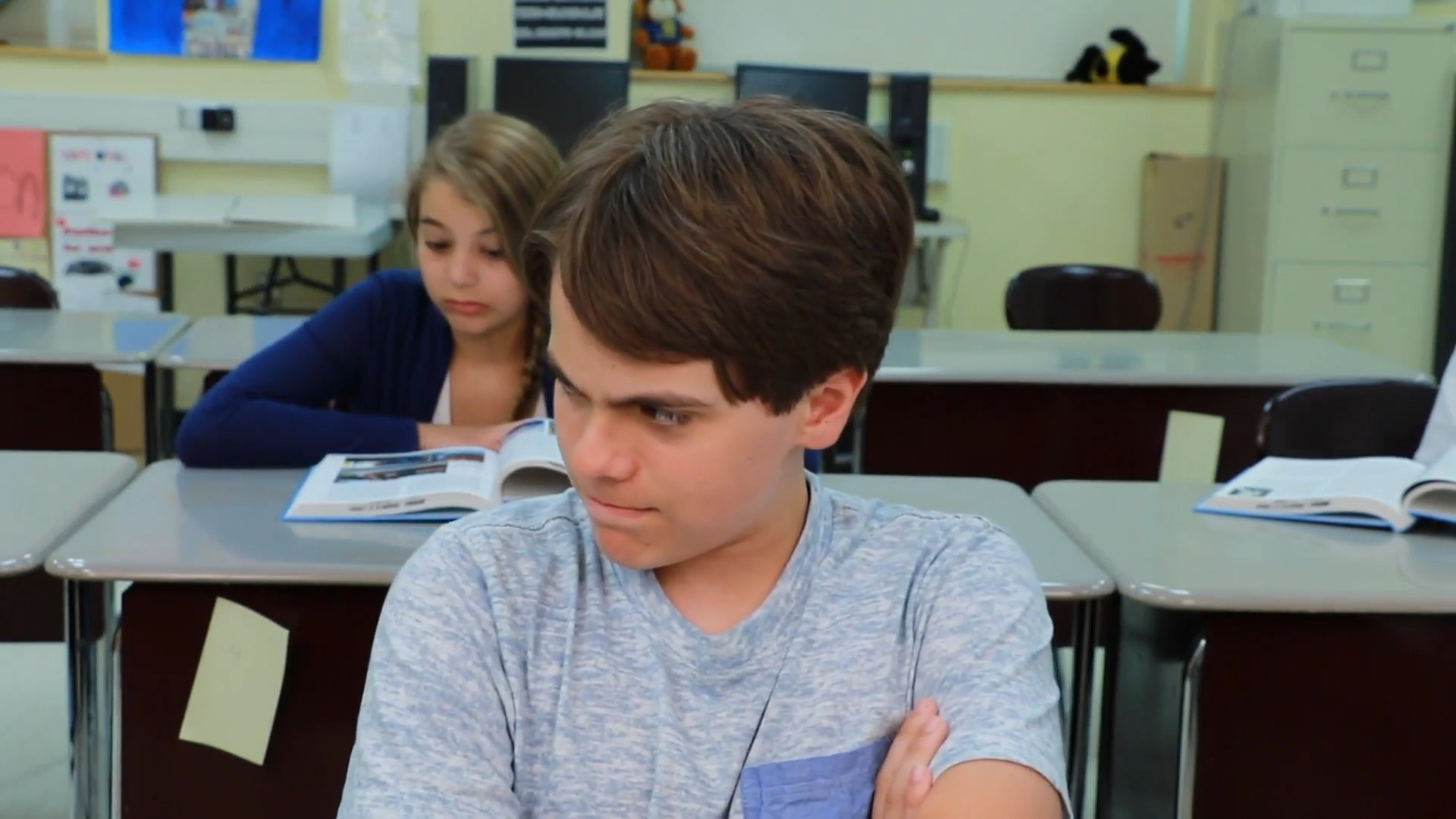Introduction
Stress is a natural part of life, and everyone experiences it in different ways. For students in special education, recognizing stress and developing healthy coping mechanisms are essential skills for navigating challenges. This blog post will explore the importance of these skills and provide an easy-to-implement, no-prep activity for educators. Additionally, we’ll discuss related skills and offer next steps for further exploration.
No-Prep Activity: The Stress-Relief Breathing Exercise
This simple activity requires no preparation or materials and can be done in any setting. It helps students recognize when they’re feeling stressed and teaches them a practical strategy to calm down.
- Ask students to sit comfortably and close their eyes.
- Guide them to take a deep breath in through their nose for a count of four.
- Have students hold their breath for a count of four.
- Direct them to exhale slowly through their mouth for a count of four.
- Repeat the process 3-5 times or until students feel calmer and more relaxed.
Encourage students to use this technique whenever they feel stressed or overwhelmed. It can be done discreetly in class, at home, or in any other situation.
Discussion Questions
Use these questions to stimulate further discussion and reflection on the topic of stress recognition and coping strategies:
- What are some common situations or events that can cause stress for students?
- How can recognizing stress help students better manage their emotions and reactions?
- What are some other strategies students can use to cope with stress?
- How can educators create a supportive environment for students to express their feelings and seek help when needed?
- Why is it important for students in special education to develop stress-coping skills?
Related Skills
Helping students recognize and cope with stress is just one aspect of a comprehensive approach to social-emotional learning. Other relevant skills for students in special education include:
- Self-awareness: Understanding one’s own emotions, strengths, and areas for growth.
- Self-management: Regulating emotions and behaviors to achieve personal and academic goals.
- Social awareness: Showing empathy for others and understanding different perspectives.
- Relationship skills: Building and maintaining positive relationships with peers and adults.
- Decision-making: Making responsible choices and considering the consequences of one’s actions.
Next Steps
Developing stress-coping skills is crucial for students in special education to thrive academically and socially. To further support your students, sign up for free samples of social-emotional learning materials at Everyday Speech. These resources will help you incorporate effective strategies and activities into your teaching practice, fostering a positive and supportive learning environment for your students.






